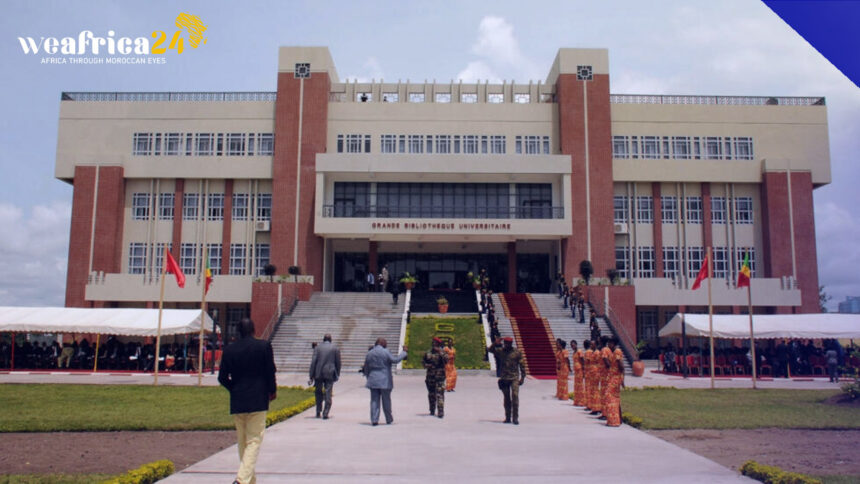Congo-Brazzaville is embarking on a transformative journey towards digital connectivity within its higher education sector. With a commitment of $100 million from the World Bank under the Digital Transformation Acceleration Project, the government is allocating 10% of this fund to connect its two public universities to high-speed internet.
The launch of the six-month project took place on April 17th under the auspices of Prime Minister Anatole Collinet Makosso. However, the current internet access situation for students leaves much to be desired.
The Marien-Ngouabi University, the oldest, and the Denis Sassou-Nguesso University, the more recent one, are approximately twenty kilometers apart in Congo-Brazzaville. Despite this distance, they share a common challenge: a glaring lack of internet connectivity in their campuses and lecture halls. This deficiency is keenly felt by the students.
“In our multimedia rooms, we face significant internet issues because often we have video conference lectures, but we encounter major problems. We can’t conduct classes due to the lack of internet. If the government addresses this issue, it would greatly benefit our learning. In the 21st century, internet access is indispensable,” remarked one student. Another added, “We struggle to conduct classes without internet because if we had reliable internet access, it would be advantageous and make research much easier.”
For students, it’s a matter of improvisation, as explained by a third-year plant biotechnology student at Denis Sassou-Nguesso University: “Students find ways to access the internet. We activate our data plans. Here, we manage to gain access to conduct research. We manage things our way. It’s a bit complicated. Sometimes, we miss out on research opportunities because we can’t afford to activate an internet plan.”
With its connectivity plan, the Congolese government aims to facilitate high-speed internet access for over 51,000 students. This initiative not only addresses the immediate challenges faced by students but also lays the groundwork for a digitally empowered generation ready to contribute to the country’s development.
This endeavor not only aligns with global efforts toward digital inclusion but also underscores Congo-Brazzaville’s commitment to nurturing a knowledge-based economy. By investing in the digital infrastructure of its higher education institutions, the government is paving the way for innovation, research excellence, and enhanced learning experiences for its future leaders.







